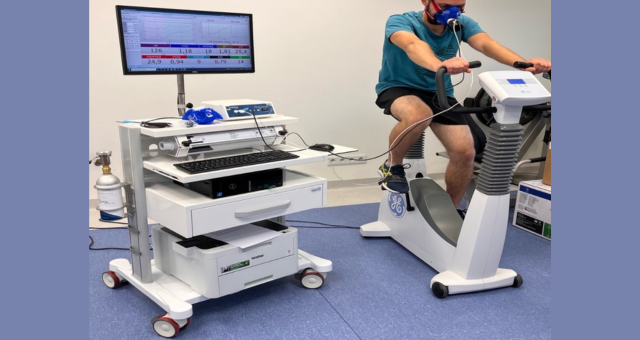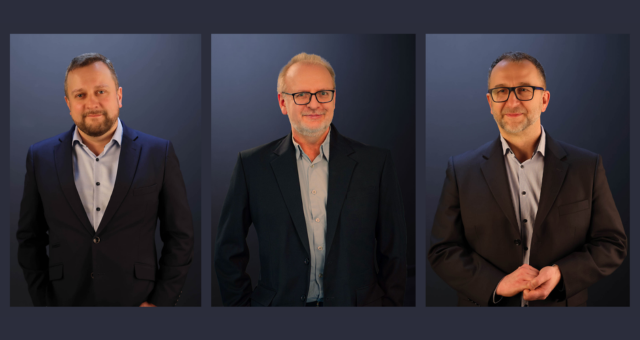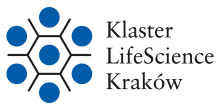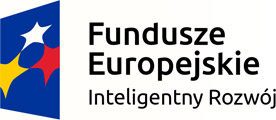
The subject of the offer is a new approach to the treatment of cardiovascular diseases based on the department of allogeneic stem cell transplantation (WJMSC) derived from Wharton's jelly from umbilical cord.
A significant advantage of WJMSCs is their 5-6 times ability to implant in ischemic areas compared to CD34 cells (bone marrow stem cells). In addition, these cells have a strong regenerative potential (not only differentiation, but also the secretion of many cytokines and growth factors that stimulate the regeneration of damaged tissues), indicating their high quality as regenerative therapy.
Potential advantages of the presented solution, for example:
- low cost of readily available starting material (WJMSC);
- reduction of treatment costs - hospitalization period and reduction of drug costs;
- lower production cost for the patient;
- return to full social activity of the partial part.
Phase II of research is currently being carried out for this innovative therapy, the supplementation of which is planned for 2021. Development of the English language research workers of Collegium Medicum of the Jagiellonian University, John Paul II Hospital in Krakow, Polski Bank Komórek Macierzystych S.A. (Famicord Group), the AGH University of Science and Technology and the Medical University of Silesia.
Currently, the Center for Technology Transfer CITTRU is looking for entities interested in purchasing or licensing the technology described above.
Application: As part of the Circulate project, a clinical trial of a clinical trial to assess the justification for the use of the developed cellular product CardioCell in 3 cardiological indications: chronic ischemic heart failure, acute myocardial infarction and lower limb ischemia. In addition, the production process of CardioCell as a finished product production has been developed and approved under GMP standard.
Implementation of the CIRCULATE project needed to develop a new strategy for treating the circulatory system using cell therapy. Moreover, enabling the introduction of allogeneic stem cells in the future in the form of a more readily available product, lowering the costs of the therapy carried out with its use. It should also be avoided that an additional outcome of the project is the development of a new MRI technology for the evaluation of the regeneration process in the course of ongoing cell therapy.
informacja / kontakt broker Uniwersytetu Jagiellońskiego

























